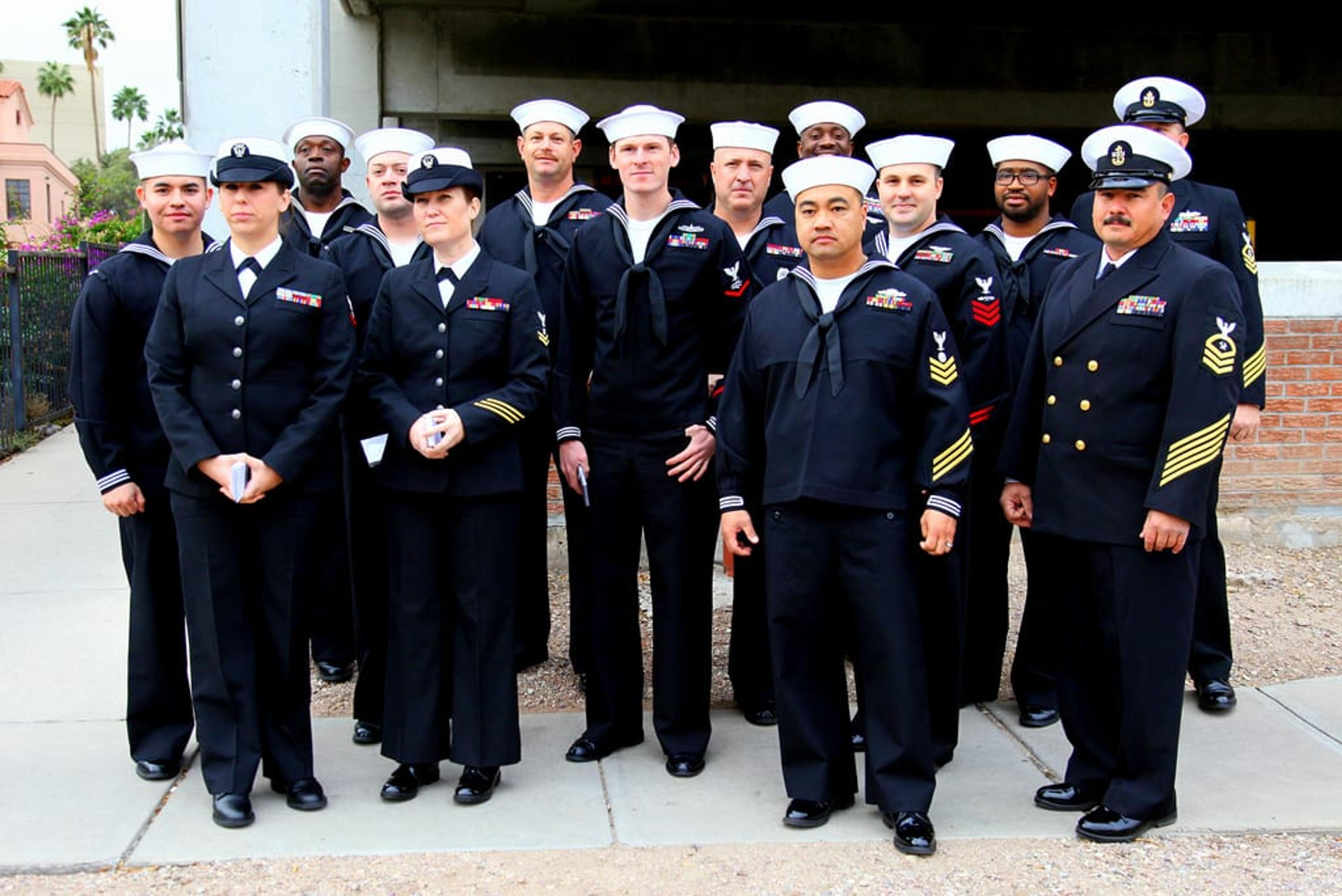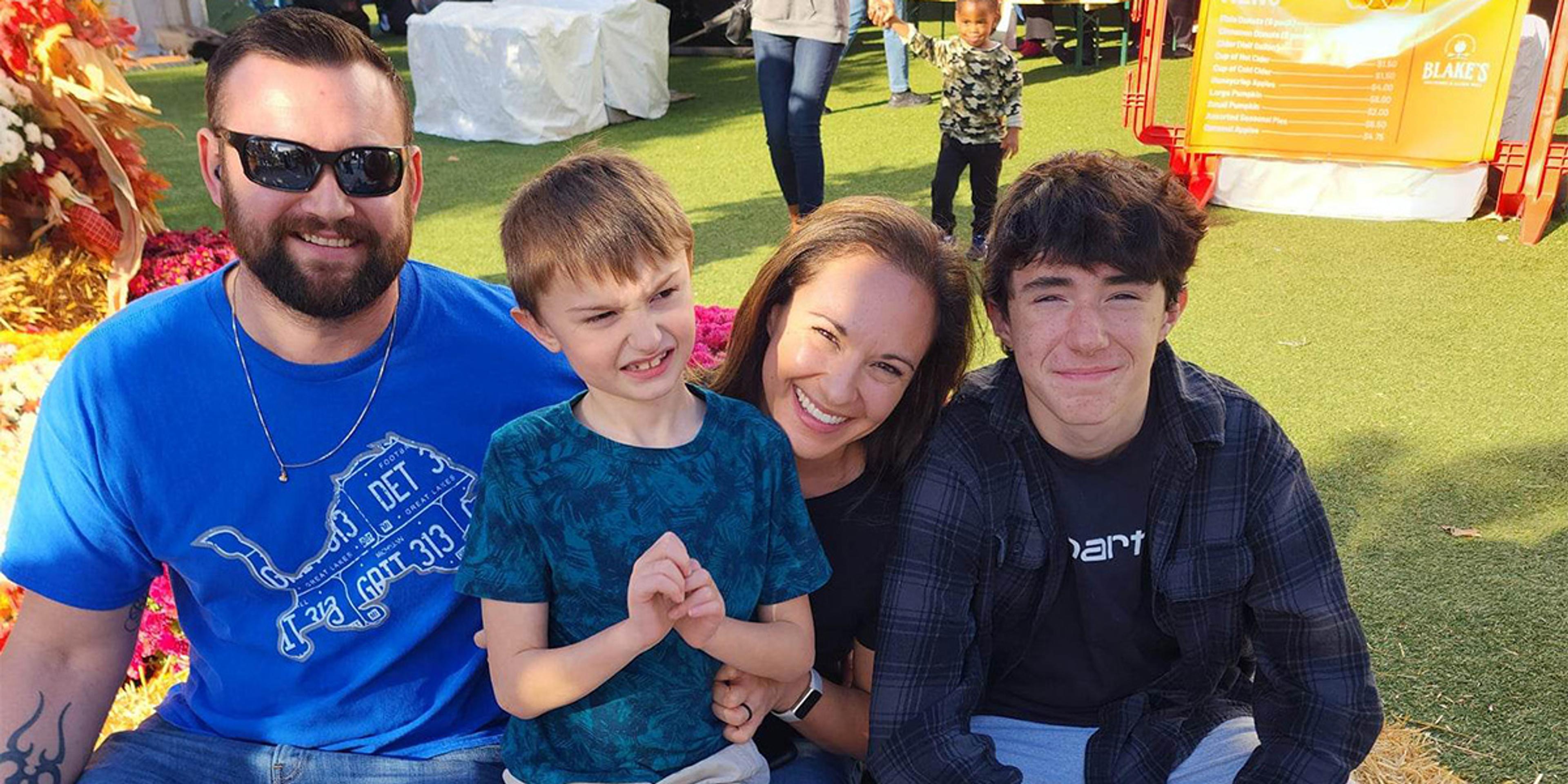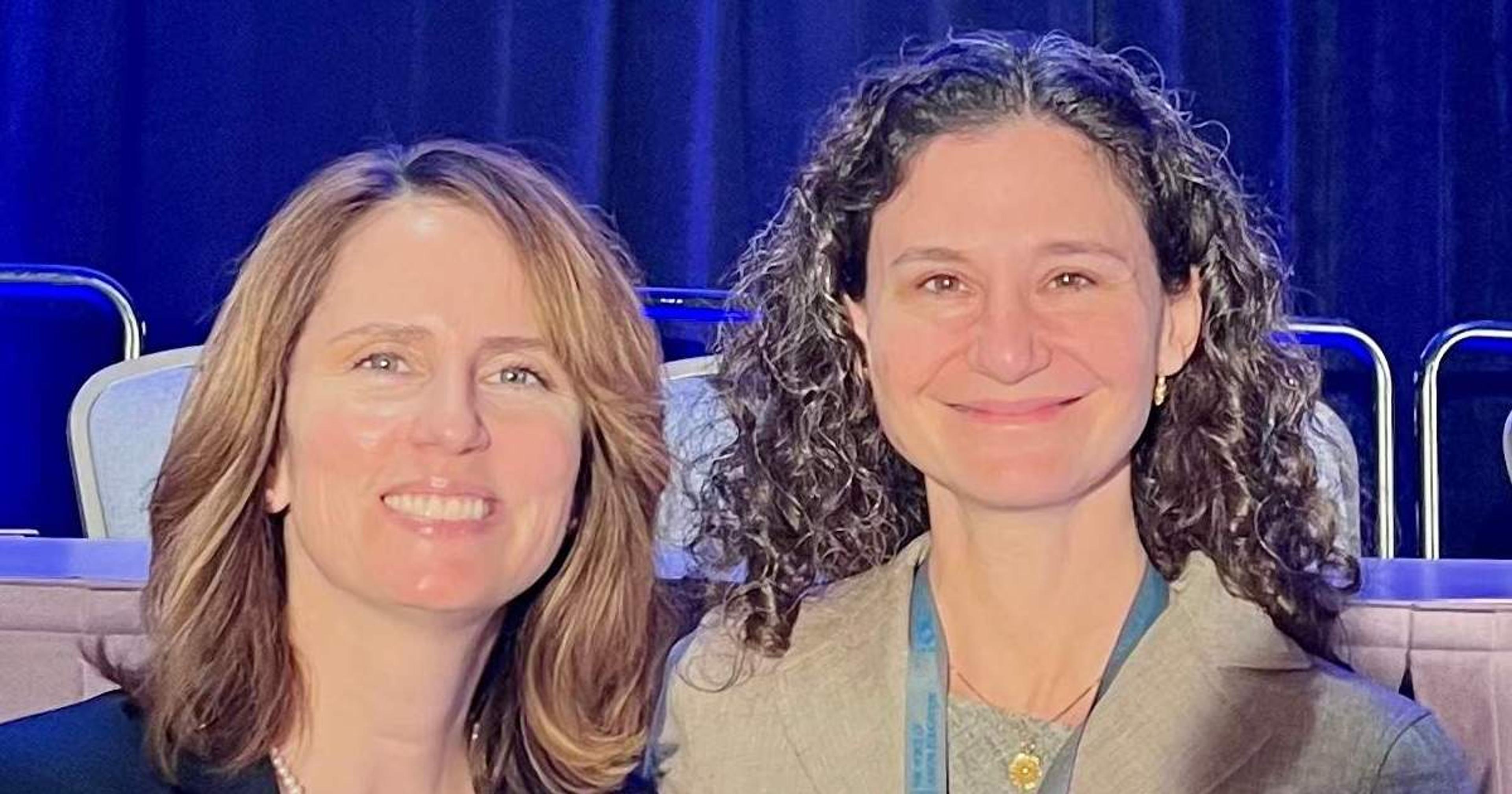
There is a significant unemployment problem with the more than two million Gulf War-era II veterans – service men and women who have returned from deployment in Iraq and Afghanistan since September 2001. Nationally, the unemployment rate for this particular group of veterans averages nine percent, compared to an unemployment rate of less than seven percent for all veterans. In Michigan, more than 10 percent of Gulf War-era II veterans are unemployed, the highest in the county. Veterans returning home are confronted with multiple challenges to assimilation: the absence of military structure and order; the need to re-adapt to family, a spouse, children and community; and the task of finding work rather than being ordered to specific work duties. While the training and skills gained in the military make veterans excellent employees, they need help equating military training to civilian jobs. A concurrent problem is our country’s shortage of health care professionals. In Michigan, there is a statewide demand for over 300 paramedics, with a growth and replacement outlook of nearly 1,700 by 2020. Current statewide demand for registered nurses is over 2,200. By 2020, it is expected Michigan will need close to 17,000 additional registered nurses. Among the service men and women who were deployed to the Middle East since September 11, 2001, more than 7,500 have been trained as medics each year. “We have a rapidly growing shortage of paramedics and registered nurses in Michigan. At the same time, we have returning military medic veterans who have training and experience that can be quickly translated into employment as a paramedic or nurse,” said Jeanette Klemczak of Michigan’s Workforce Development Agency. In response to these two issues, Lansing Community College (LCC) partnered with the State’s Workforce Development Agency and the Blue Cross Blue Shield of Michigan Foundation to implement the Military Medic to Paramedic Program. This program supports Michigan Governor Rick Snyder’s goal of building a path for rapid training and employment of returning military veterans. The Military Medic to Paramedic Program is the first program of its kind in the country. It helps military medics transition into civilian life by providing a fast-track path to EMS certifications and licensure. In recognition of the training and skills military veterans receive, LCC awards “experiential learning credits” for approximately 40 percent of their paramedic certificate requirements. Specialist Robert Darefsky was stationed at Fort Knox, Kentucky when he was accepted into LCC’s program to train as a paramedic. His plan was to attend school in Lansing while leaving his wife and three kids at the base in Kentucky. Three weeks before the start of school Spc. Darefsky learned that his orders had been changed and his family would have to leave the base. After sharing this information with LCC, the college helped him secure a house for his family in the Lansing area and even helped him move in. Spc. Darefsky graduated from the program with honors and is now working as a paramedic. In addition, he is working on securing his Instructor Coordinator License in Emergency Medical Service (EMS). His plan is to return to LCC to teach in the program Upon completion of the paramedic program, veterans have the opportunity to enter the Advanced Standing Nursing program to become a registered nurse (RN). If a veteran chooses to continue on for their RN degree, they are enrolled as “advanced standing” students and will complete the RN program in an additional 11 months (traditionally a 23 month program). Even more, through an agreement with Michigan State University, students enrolled in the RN program may also take concurrent classes toward a Bachelor’s of Nursing degree and will be automatically enrolled into the BSN program after LCC completion. Three of the first five graduates took the paramedic-licensing exam and passed. Since then, two have gone on to an RN degree program and one transferred from a nursing program to a Physician Assistant program. The success of the program is depicted by Sergeant Ryburn, 151st Calvary, OIF-Baghdad, Tallil, Iraq, in the following statement: "I just wanted to say a HUGE thank you to your school (LCC) for helping us veterans out. I was a combat medic for 10-1/2 years. Help for guys like us is few and far between. You're doing a great service to your country – it's the greatest thing I've heard of in regard to giving back to soldiers." The mission of the Blue Cross Blue Shield of Michigan Foundation is to improve the health and health care of Michigan citizens. We consider the Military Medic to Paramedic Program a real winner. Not only are we helping to provide our nation’s returning veterans with a professional set of skills they can use for a lifetime, but it also helps to provide Michigan with an increased number of highly-qualified health professionals. This post is part of a storytelling series we call, “Beyond the Card.” These stories will feature Blue Cross Blue Shield of Michigan members, employees, and communities who are making meaningful differences throughout our state. We invite you to follow Beyond the Card stories here at MIBluesPerspectives.comand through the hashtag, #BeyondtheCard on our social channels. If you have a story you would like to share, please feel free to contact us at stories@bcbsm.com. Photo Credit: Bill Morrow





